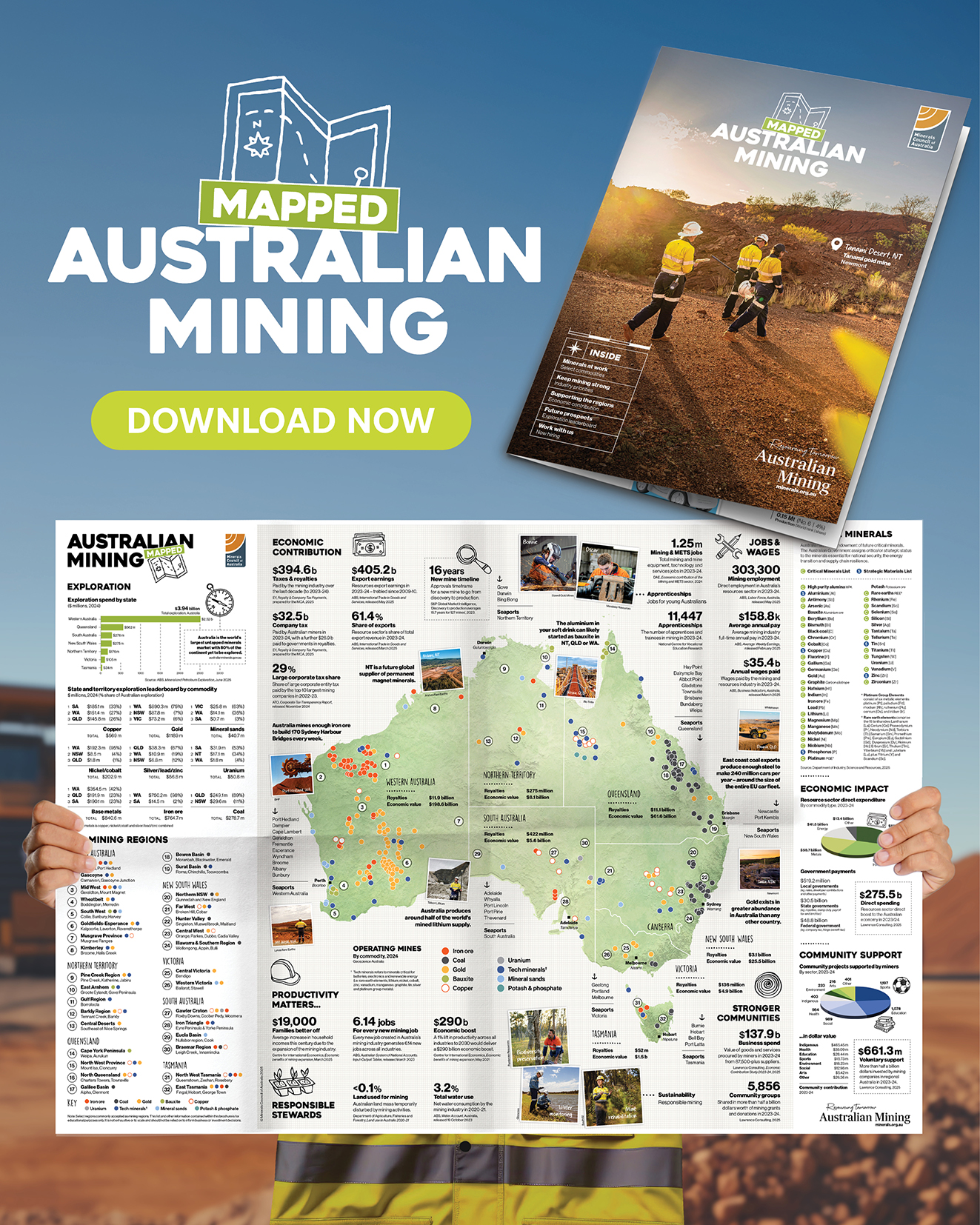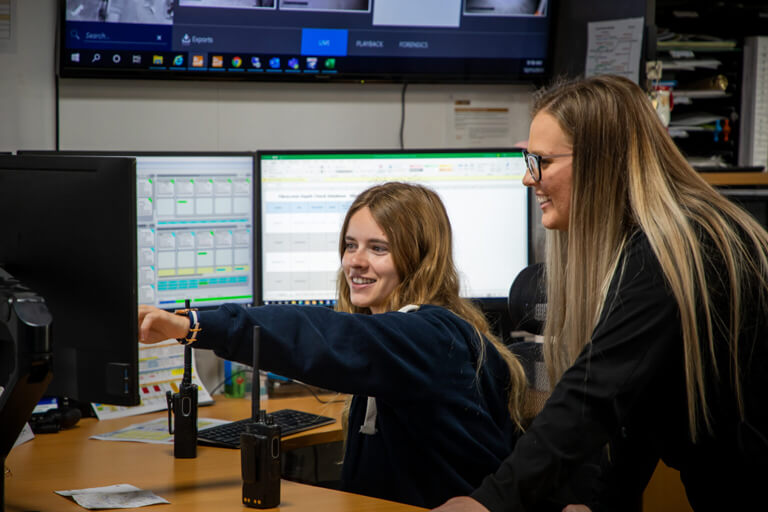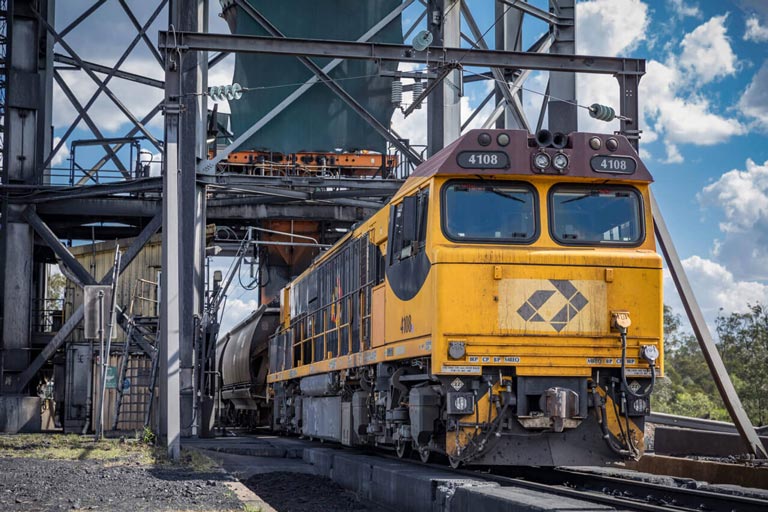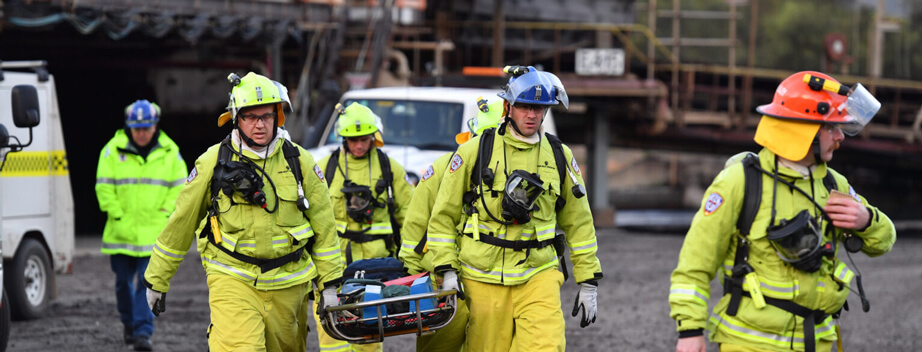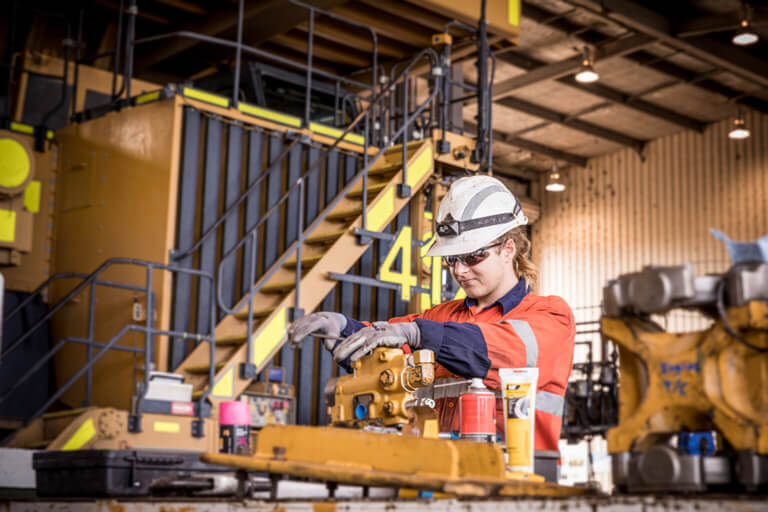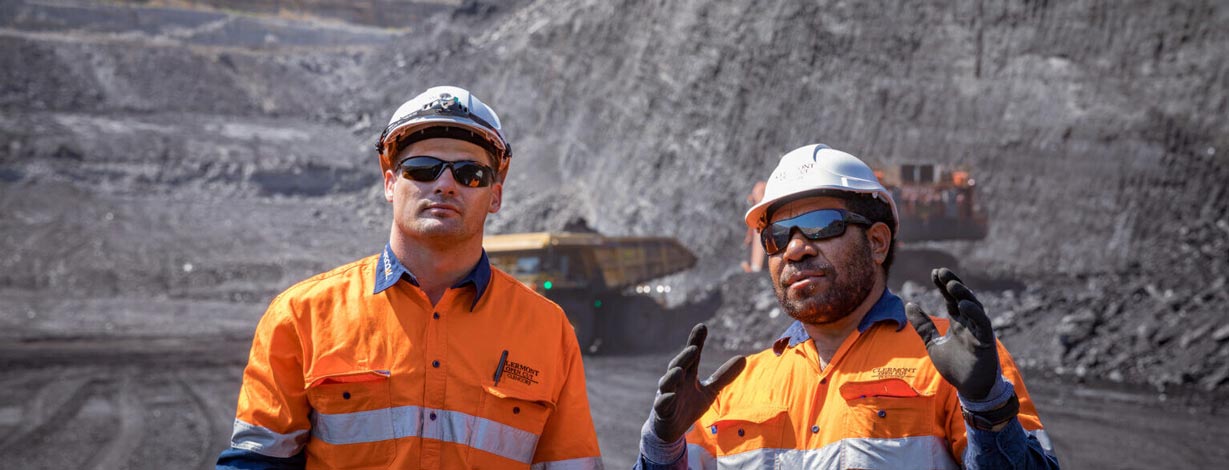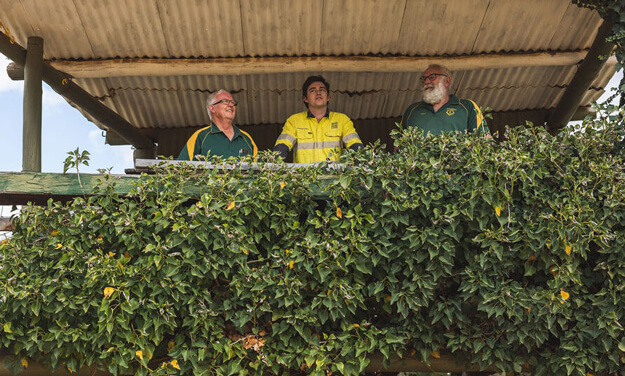Economic Policy
Over the decade 2014-15 to 2023-24 the industry contributed to $2.9 trillion in resources export revenue, $268 billion in mining wages, $227.5 billion in company taxes, $167 billion in royalties, and generated 21 per cent of the economy’s growth.
Overview
Australian mining is a nation builder and a global leader.
Over the decade 2014-15 to 2023-24 the industry contributed to $2.9 trillion in resources export revenue, $268 billion in mining wages, $227.5 billion in company taxes, $167 billion in royalties, and generated 21 per cent of the economy’s growth.
The royalties and company tax paid from mining has been critical for governments to afford services and infrastructure like health, schools, and hospitals.
The industry can increase its contribution to the economy, regions and communities with the right policy settings. A better business environment is necessary if Australian mining is to unlock its full potential to drive investment and productivity growth.
More than ever, Australia needs more investment along the entire mining value chain to boost the economy’s performance. It is through strong economic growth that more investment, jobs, higher real wages and higher incomes are delivered. Strong economic growth is needed for budget repair and reducing the nation’s debt burden on future generations.
The opportunity ahead
By 2030, to meet demand for electricity storage alone, the world will require 50 new lithium mines, 60 new nickel mines and 17 cobalt mines. Global mining investment is expected to increase by US$100 billion annually from current levels to produce the mineral commodities required for the world to achieve net-zero emissions by 2050. The economic opportunities this presents for Australia are significant, but not guaranteed.
Unless the industry has favourable investment conditions the opportunity will be missed, given the long lead time that exists from discovery to production for new mines – up to 18 years for a nickel mine. Australia has over 100 prospective mining and processing projects totalling about $50 billion of investment and potentially providing around 30,000 construction jobs and 20,000 operating jobs. Converting these prospective projects into actual investment is dependent on government policy settings not lowering returns on investment.
Policy Priorities
Competitive and stable tax regime
A combination of state and territory royalties and a high rate of federal company tax means Australia is a relatively high tax jurisdiction for mining. Australian businesses need taxes set at internationally competitive levels to encourage investment. Mining projects involve high risk exploration outlays, large upfront capital commitments, long-life assets, sophisticated technologies and long lead times to profitability. Australia’s tax settings must be internationally competitive to maximise our share of global mining investment.
Fuel tax credit for non-road users
Fuel tax credits are critical to a diverse range of regional industries reliant on diesel, including mining, agriculture and tourism. Fuel tax credits are not a subsidy for fuel use, but a mechanism to reduce or remove the incidence of excise or duty levied on the fuel used by business off road or in heavy on-road vehicles. Any move to reduce fuel tax credits would introduce a tax distortion by imposing a tax on industries that are reliant on diesel fuel to generate power and operate heavy machinery. It would create financial hardship for some of Australia's most remote communities.
Exploration and R&D
Australia needs competitive and stable exploration and R&D tax arrangements. Exploration is critical to secure a future pipeline of mining investment. Government policy should support Australia's attractiveness as an exploration destination. Immediate deductibility for exploration expenditure is a long-standing and critical feature of the income tax system to encourage mineral exploration in recognition of the spill-over benefits to the economy. In addition, R&D activity is vital to ensure Australia is the world leader in innovation and process improvement in the minerals industry. Many countries offer attractive tax concessions to locate R&D activity and it is important that Australia has a competitive tax regime for R&D expenditure to develop new technology and retain the critical skills.
Related Resources
- Royalty and Company Tax Payments 2024
- Royalty and Company Tax Payments 2023
- MCA pre-Budget submission 2023-24
- Australia's leaky mining project pipeline 2024
- Corporate tax to reform help address Australia's weak investment performance
- Tax Facts October 2019
- Royalty and Company Tax Payments 2022
- Minerals industry tax contribution survey 2019
- Decadal contributions - Half page May 2022
Related Articles
-
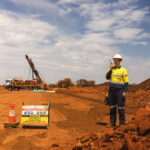 30 January 2026
30 January 2026Campaign to scrap fuel tax credit an attack on regional Australia and jobs
Read more -
 09 January 2026
09 January 2026Business welcomes Government’s establishment of Royal Commission into antisemitism and social cohesion
Read more -
 05 January 2026
05 January 2026Joint statement supporting a federal Royal Commission into anti-semitism and the tragic events at Bondi Beach
Read more
What's New
